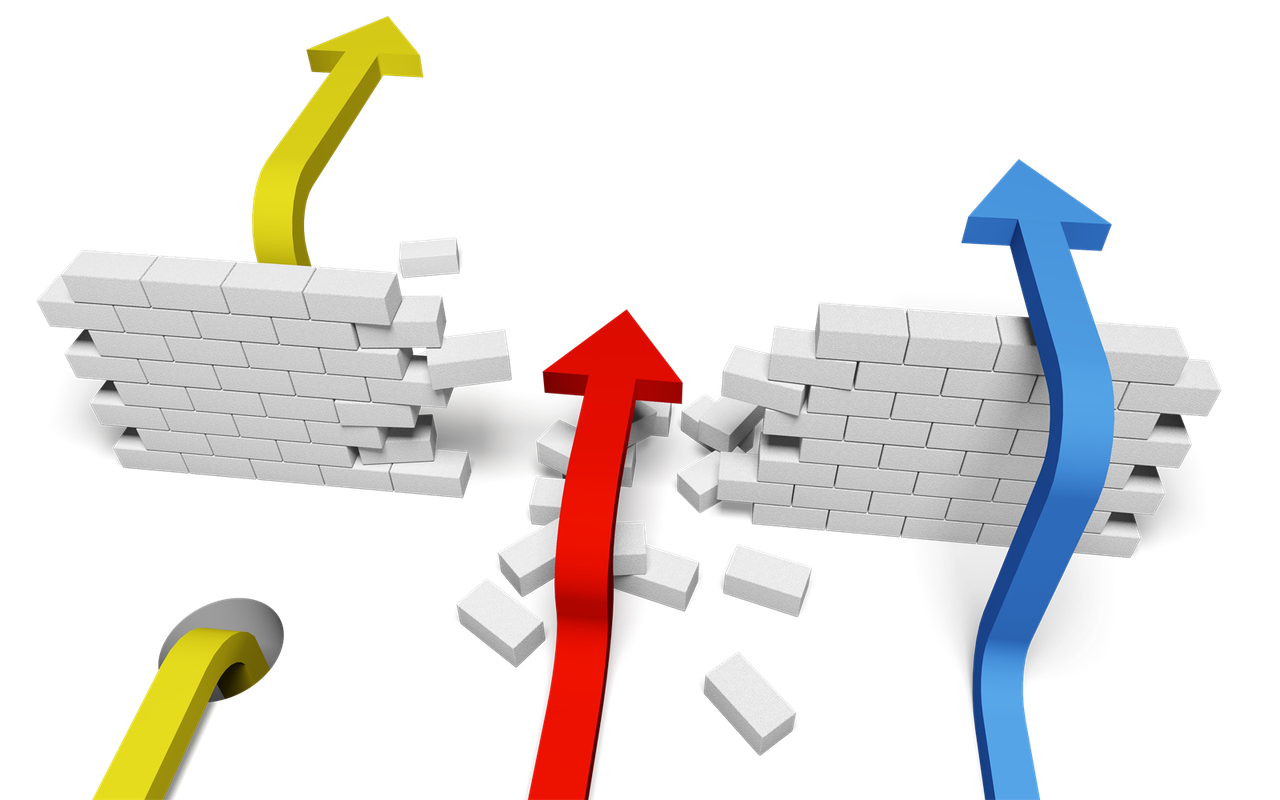Stop Making Objections Harder Than They Need to Be
Why salespeople struggle with objections and how to make objections a natural part of the sale.
We all know sales objections will never go away. And yet, too many salespeople treat them like landmines, tiptoeing around them or trying to defuse them with canned rebuttals. The result? Awkward conversations, distrust, missed opportunities, and stalled deals.
Successful salespeople know objections are not the enemy. They are one of the most obvious signs your buyer is engaged. The real problem isn't the objection. It is how we, as salespeople, make them more complicated than they need to be.
The objection is not the obstacle! Your reaction is.
When a prospect says, Your price is too high, many salespeople panic or shift into high-pressure mode. That knee-jerk reaction turns a manageable question into a defensive debate. Instead of leaning in with curiosity, they may ignore the objection or, worse, try to overpower it.
But objections do not require theatrics. Most are just expressions of uncertainty or a need for more clarity. When we overreact, we validate the prospect’s hesitation. When we respond with calm confidence and thoughtful questions, we demonstrate value and credibility.
Key takeaway: How you respond to an objection matters more than the objection itself.
There is a myth that we have to overcome objections.
Most sales training has long pushed the idea of overcoming objections, as if selling is a battle and your prospect is the opponent. This mindset encourages resistance instead of resolution.
Objections are usually a request for more information, reassurance, or perspective. When we treat them like barriers to defeat, we create tension. But when we approach them as natural parts of the decision-making process, we foster trust.
Try this shift: instead of overcoming objections, aim to understand them.
Ask:
- Could you please elaborate on what concerns you about the price?
- How are you comparing us to other options?
- What would need to happen for this to feel like a worthwhile investment?
These kinds of questions slow the conversation down and invite openness. Now you are on the same side of the table as the buyer, not pushing against them.
Avoid creating objections that do not exist.
Often, the biggest obstacle is not an objection, but rather a lack of understanding. It is that we, as salespeople, create them ourselves. If you have ever said, 'I know we're more expensive than the competition,' without being asked, you have planted a concern that the buyer might not have had.
Salespeople often over-justify, over-explain, or apologize for their pricing, timelines, or processes. Doing this signals insecurity and trains the buyer to look for flaws.
Stay confident. If your offering delivers real value, your role is to help the buyer see that. There is no need to apologize for it.
Instead of:
I know our solution is a bit more expensive.
. .Try:
Our clients typically spend a little more up front to avoid bigger problems down the line. What matters most to you?
Build objection-handling into your sales process.
The best time to address objections is before they arise. Prepare questions to ask when you hear them. We suggest that you keep track of all the objections you hear from customers and consider questions to ask in response.
Make objections your ally. You will feel quite liberated once you learn you don't have to overcome them. You only need to ask questions.
Great salespeople don't fear objections; they welcome them. They know that a buyer who objects is a buyer who is thinking. And they treat those objections not as roadblocks, but as clues.
So if you want to close more business, stop making objections harder than they need to be. Instead:
- Listen without judgment.
- Respond with questions calmly and clearly.
- Lead the buyer to their own confident decision.

